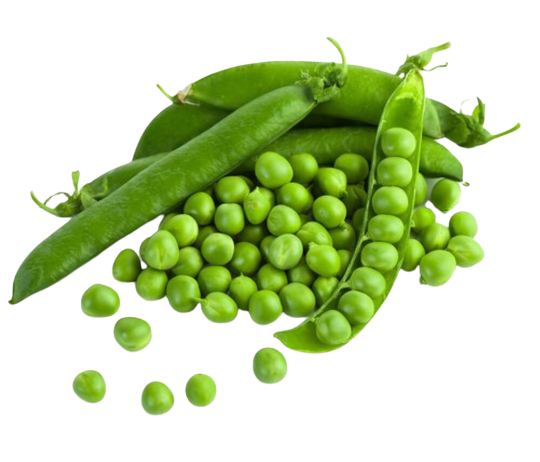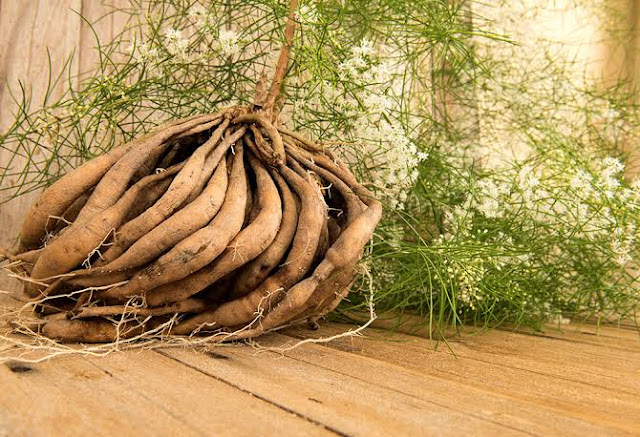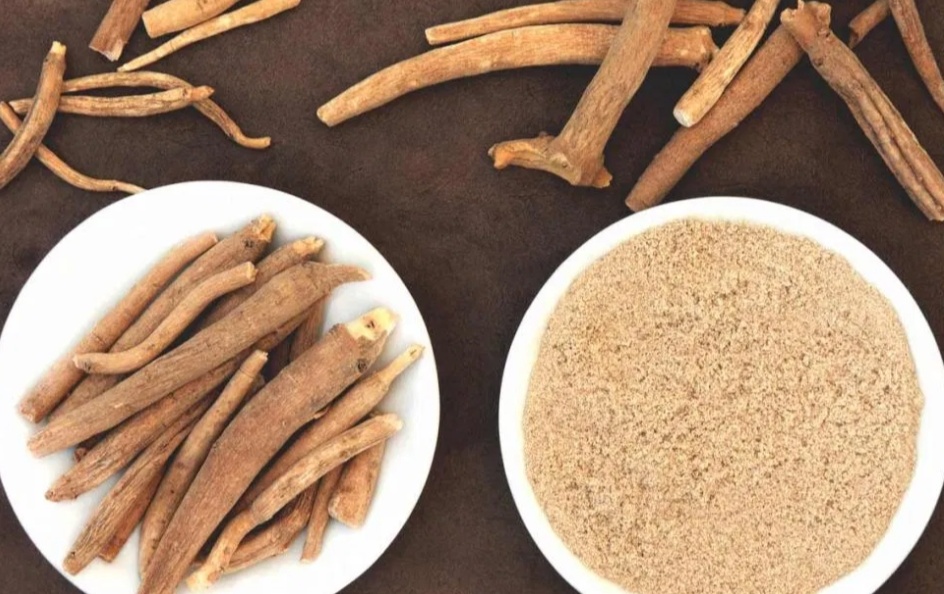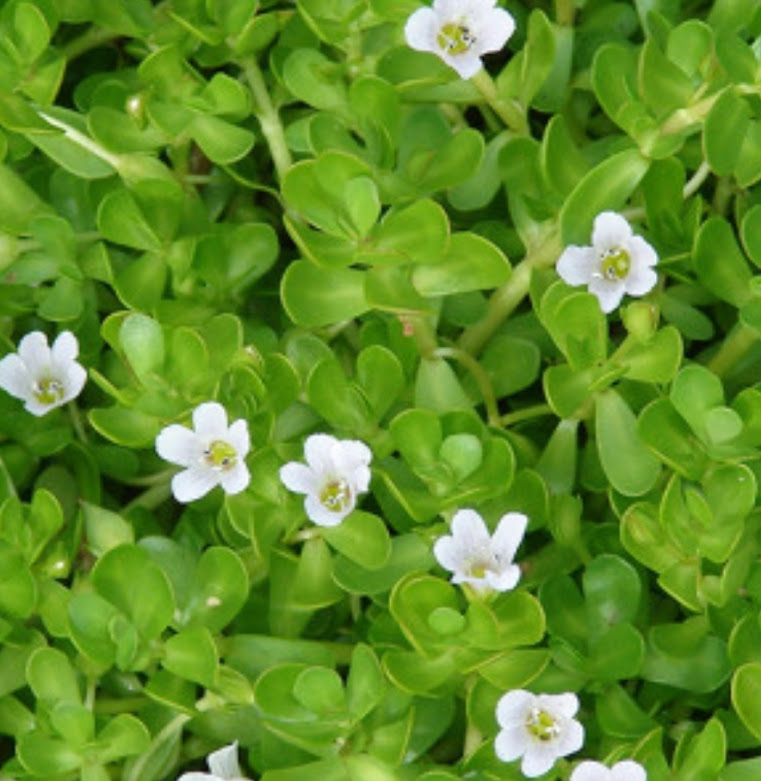Amazing health benefits of Green pea/Garden pea/Pisum sativum
Green pea/Garden pea/Pisum sativum
Pisum sativum (Family: Fabaceae), as known as green pea or garden pea, has long been important in diet due to its content of fiber, protein, starch, trace elements, and many phytochemical substances. It has been shown to possess antibacterial, antidiabetic, antifungal, anti-inflammatory, antihypercholesterolemia, and antioxidant activities. Its nonnutritive biologically active components include alkaloids, flavonoids, glycosides, isoflavones, phenols, phytosterols, phytic acid, protease inhibitors, saponins, and tannins. This plant is rich in apigenin, hydroxybenzoic, hydroxycinnamic, luteolin, and quercetin, all of which have been reported to contribute to its remedial properties.
Click here for more information about Antioxidant and Free radical
Pea is one of the major food legumes that can grow in different regions, and it ranks the fourth in world food legume productions next to soybean, peanut, and dry bean. Seed and sprout of pea have become increasingly consumed because people concern about their health problem by changing dietary habits.
It has different names in different languages such as English Name(Field pea, Garden pea), Hindi Name(Matar, Mattar), Marathi Name(Vataane, Vatana, Mattar, Watane), Sanskrit Name(Kalaya), Gujarati Name(Matana, Vatana), Bengali Name(Mattar, Mator), Kannada Name(Batani, Bataani), Telugu Name(Gundusaa, Pachabatthani, Bataneelu), Tamil Name(Patani), Konkani Name(Batani), Punjabi Name(Kabli Chole, Mattar)
Vitamin and Mineral content
Vitamin : A, B1, B2, B3, B6, B9, C, E, K
Mineral : Calcium, Iron, Magnesium, Manganese, Phosphorus, Potassium, Sodium, Zinc
The active phytochemical substances of P. sativum are as follows: Asparaginase; flavonoids including apigenin, daidzein, genistein, and kaempferol; lectin;
-Phenolic compounds including caffeic, catechin, coumaric acids, gentisic acids, ferulic, protocatechuic, and vanillic acids; pisatin and an allelopathic active substances; proanthocyanidin; saponins; steroid phytohormone including brassinosteroid; and tannins.
The most abundant isoflavones in the legume sprouts were found as genistein followed by daidzein.
A total of 17 pigments were identified in the pea cultivars including 8 xanthophylls ((all-E)-neoxanthin, (9‘Z)-neoxanthin, (all-E)-violaxanthin, neochrome, (all-E)-lutein epoxide, (all-E)-lutein, neolutein B, neolutein A), 4 chlorophyll b related compounds (chlorophyll b derivative, chlorophyll b, chlorophyll b‘, and pheophytin b), 4 chlorophyll a related compounds (chlorophyll a derivative, chlorophyll a, chlorophyll a‘, and pheophytin a), and (all-E)-β-carotene.
Properties and Benefits
- Taste – Sweet
- Taste conversion after digestion – sweet
- Ruksha – dry in nature
- Virya (potency) – cold (sheetala)
- Laghu – light to digest
- Sangrahi – absorbent in nature
- Effect on Tridosha – Balances kapha and pitta dosha but Increases vata
- Click here for more information about Tridosha
- Dahapaha – relieves burning sensation
- Ruchi prada – improves taste
- Pushti prada – improves physical strength
> Peas, mature seeds, sprouted, raw
- Taste – sweet
- Properties – heavy, unctuous
- Potency – cold
- Taste conversion after digestion – sweet
- Effect on Doshas – Vata & Pitta balancing but Kapha increasing
Uses, benefits and application
1) Peas can be consumed in raw form as well as cooked or frozen form.
2) Dried peas are often made into a soup or simply eaten on their own.
3) One of the benefits of pea includes cardiovascular health in controlling blood pressure cholesterol levels, particularly from the fiber content.
4) Gastrointestinal function is improved by the consumption of peas, due to the fiber content but also the beneficial effects of prebiotics on the micro-flora environment in the gut.
5) Even though green peas are an extremely low-fat food (with approximately one-third gram of total fat per cup) the type of fat and fat-soluble nutrients they contain is impressive.
- Research has shown that green peas are a reliable source of omega-3 fats in the form of alpha-linolenic acid.
6) The phenolic compounds in peas have shown antiinflammatory and antioxidant activity.
7) A bowl of peas has less than 100 calories but lots of protein, fiber and micronutrients which helps to reduce weight.
- Peas are a source of fiber and vitamins and are low in calories. Since they are rich in fiber, it makes us feel full for a long time that ultimately results in eating less and manages our weight.
8) Peas help to manage constipation when it is taken after boiling in water.
9) Green pea soup is a light, blood purifier and useful in tastelessness, burning sensation and many more.
10) The classic way of cooking garden peas is to line a saucepan with several leaves of washed lettuce and then place the peas on the lettuce. You can then add fresh herbs(mint or coriander leaves) and spices(Cinnamon, pepper, cumin seed powder, clove, bay leaves, etc) if you desire. Cover the peas with more lettuce leaves, add one or two tablespoons of water, and cover the pan. Cook the peas for about 15 to 20 minutes.
Click here for more information about Cinnamon
Click here for more information about Bay leaves
Click here for more information about Cumin seed powder
Click here for more information about Clove
11) In India, fresh peas are used in various dishes such as aloo matar (curried potatoes with peas) or mattar paneer (paneer cheese with peas), though they can be substituted with frozen peas as well.
12) peas are usually boiled or steamed, which breaks down the cell walls and makes the taste sweeter and the nutrients more bioavailable.
13) Green peas stand out as an environmentally friendly food. Agricultural research has shown that pea crops can provide the soil with important benefits. First, peas belong to a category of crops called "nitrogen fixing" crops. With the help of bacteria in the soil, peas and other pulse crops are able to take nitrogen gas from the air and convert it into more complex and usable forms. This process increases nitrogen available in the soil without the need for added fertilizer. Peas also have a relatively shallow root system which can help prevent erosion of the soil, and once the peas have been picked, the plant remainders tend to break down relatively easily for soil replenishment. Finally, rotation of peas with other crops has been shown to lower the risk of pest problems. These environmentally friendly aspects of pea production add to their desirability as a regular part of our diet.
The Nutrient-Rich Way of Cooking
- Minimal necessary heat exposure
- Minimal necessary cooking duration
- Minimal necessary food surface contact with cooking liquid.
If you want to give more suggestion in this, then comment us, we will replay your comment.
If you like this post, then share it and follow us on Instagram (@healthyeats793) and many thanks for coming to our site Healthy eats
keep visiting
Follow us
1) Instagram
2) Facebook
3) Pinterest
🙏🙏Subscribe and share for latest updates 🙏🙏
More posts from our site
- Click here for more information about Channa
- Click here for more information about Nutmeg (Jaiphal)
- Click here for more information about Viruddha aahra
- Click here for more information about Bay leaves
- Click here for more information about Jambul (java phalam)
- Click here for more information about Marking nut (bibba)
- Click here for more Home remedies of Nirgundi
Refrence :
1) Pharmacogn Rev. 2017 Jan-Jun; 11(21): 39–42. PMCID: PMC5414455
2) British Journal of Nutrition(2012),108, S3–S10
3) Int J Cancer. 2009 Sep 15; 125(6): 1424–1430. PMCID: PMC2787087
4) J. Agric. Food Chem. 2001, 49, 10, 4768–4774. Publication Date:September 19, 2001
5) The World's Healthiest Foods
6) Journal of Soil Science and Plant Physiology | Volume 1 Issue 2
7) J Food Sci Technol. 2017 Mar; 54(4): 858–870. PMCID: PMC5336453
8) BMC Complementary Medicine and Therapies | Published: 27 March 2017 | Chemical composition and pharmacological activities of Pisum sativum
9) Local tradition and knowledge
10) Dhanvantari Nighantu
11) NCBI
12) PUBMED







Thanx it was realy helpful
ReplyDelete👍👍🥺
ReplyDeleteAwesome 👍
ReplyDelete